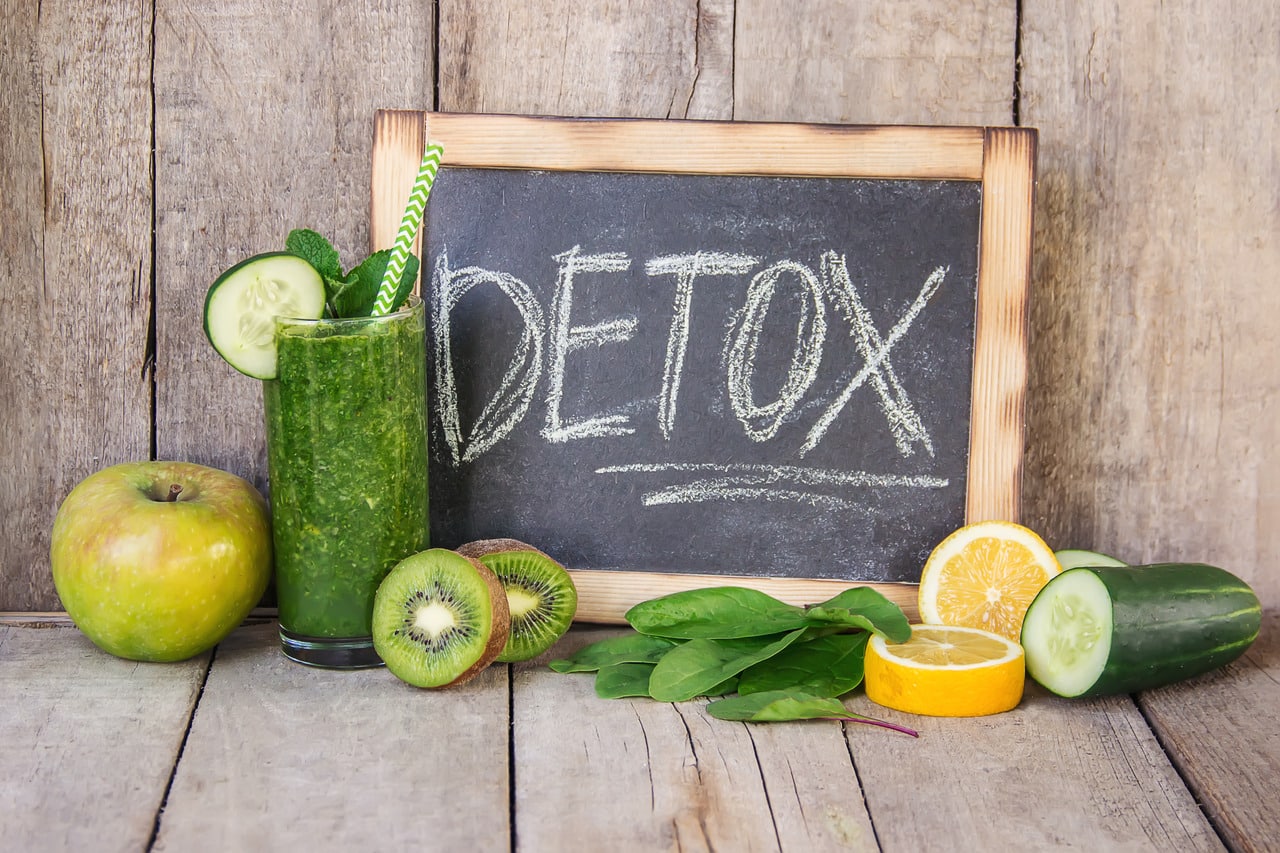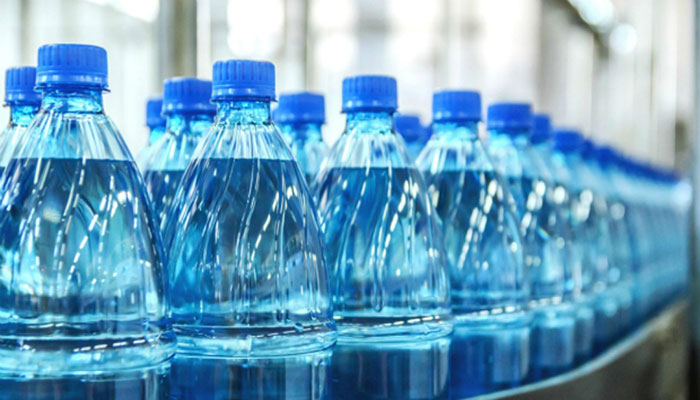What exactly is a “detox”? It’s a process that involves the use of specific products, diets, or other detoxification methods in an attempt to eliminate supposed “toxins” from the body.
Detoxes are widespread on social media and promoted by brands offering detox products, as well as by celebrities and influencers.
A documentary airing on Channel 10 this week, titled Todd Sampson’s Mirror Mirror: Are You Well?, delves into our fascination with detoxing and examines the science (or lack thereof) behind it.
Throughout history, various methods, including enemas, emetics, leech therapy, and bloodletting, have been employed to address perceived “imbalances.” Enemas involve the insertion of a tube into the anus to administer medication or fluids to the rectum or colon, while an emetic is a substance designed to induce vomiting. Bloodletting uses specific techniques, not for the faint of heart, to withdraw blood from a patient in the belief that it can cure diseases.
Fasting, as a display of self-discipline, purity, and holiness, was a common ritual, especially among women, in historical contexts.
In contemporary times, detox practices take a different form. Over-the-counter or online detox products typically include teas or drinks consumed as substitutes for food. These products, adorned with the “detox” label, range from teas, coffee, and infused waters to beverages containing added fruits, vegetables, herbal mixes, nutrients, or blends of “natural” ingredients. The market for detox drinks, valued at over US$5 billion in 2022, is projected to grow by 50% before 2030.
While drinks and dietary measures are conventional approaches to detox, some unconventional practices, such as colonic irrigation, have gained popularity. However, the effectiveness of these methods is questionable.
In short, the answer is no. A 2022 review found that detox diets lack plausible pathways for eliminating toxins or identifying specific toxins purportedly removed by a particular diet. Detoxes also contradict the basic principles of human physiology, as the liver and kidneys are already efficient at removing toxins from the body. A previous 2015 review similarly found insufficient evidence to support the use of detox diets.
Detox products don’t need to demonstrate effectiveness to be on the market. In Australia, complementary medicines sold over the counter are regulated for quality and safety, but their efficacy is not assessed.
Substituting detox products for a regular diet may result in short-term weight loss due to a significantly reduced kilojoule intake. However, this approach is not sustainable and can lead to nutrient deficiencies, fatigue, irritability, and bad breath. There’s also a risk of inaccurate ingredient labels, increasing the potential for side effects, overdoses, or other adverse events.
Certain individuals, including those with chronic medical conditions, eating disorders, older adults, children, and pregnant or breastfeeding women, should avoid detoxing.
One positive aspect of detox programs is their potential to raise awareness of existing food, alcohol, or lifestyle habits that could be improved. Reflecting on these habits may motivate individuals to pursue healthier eating choices.





